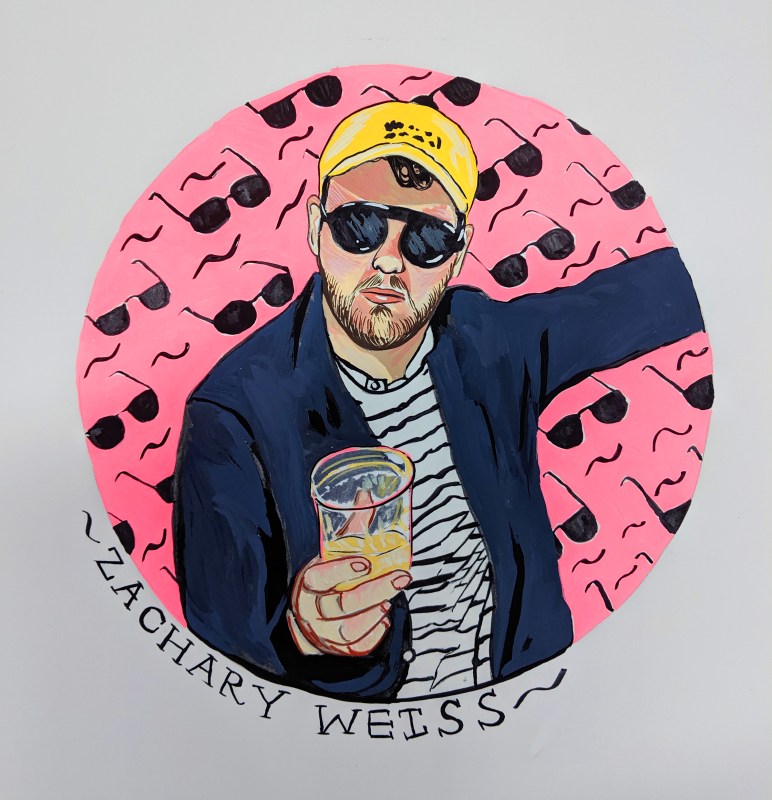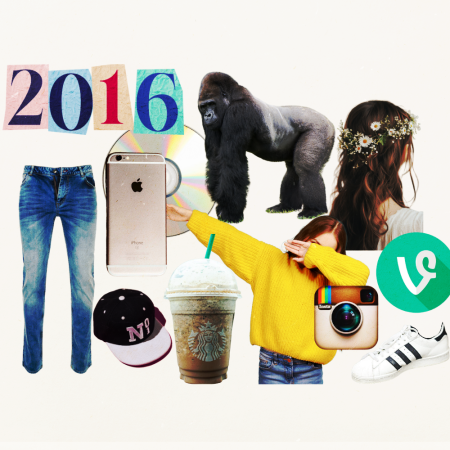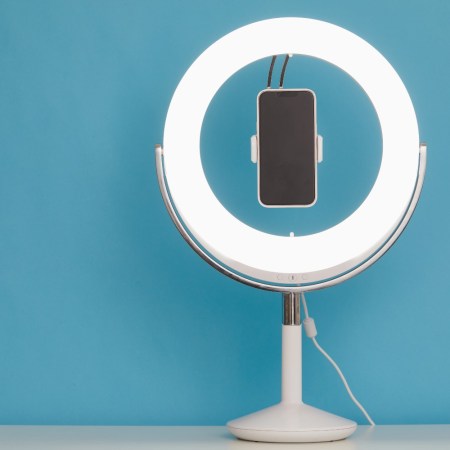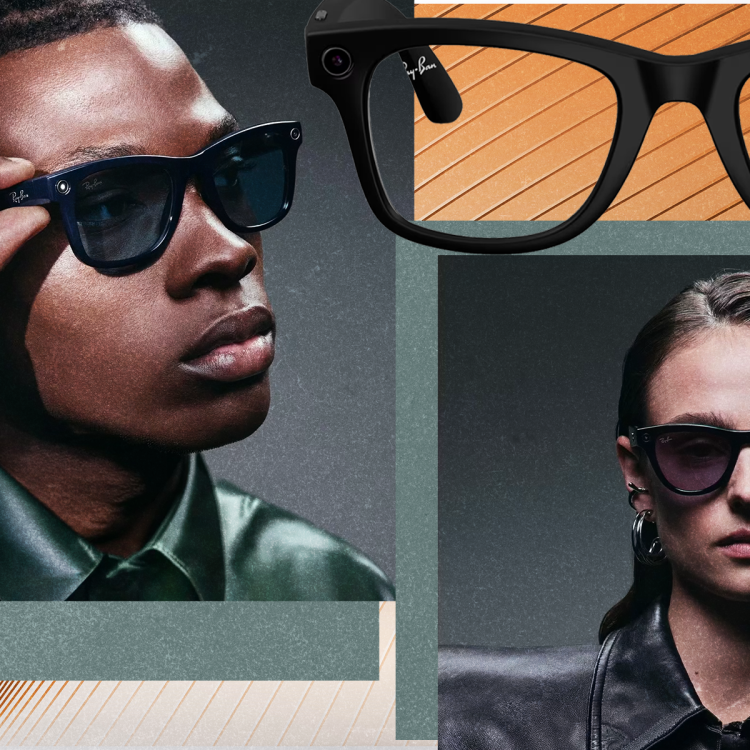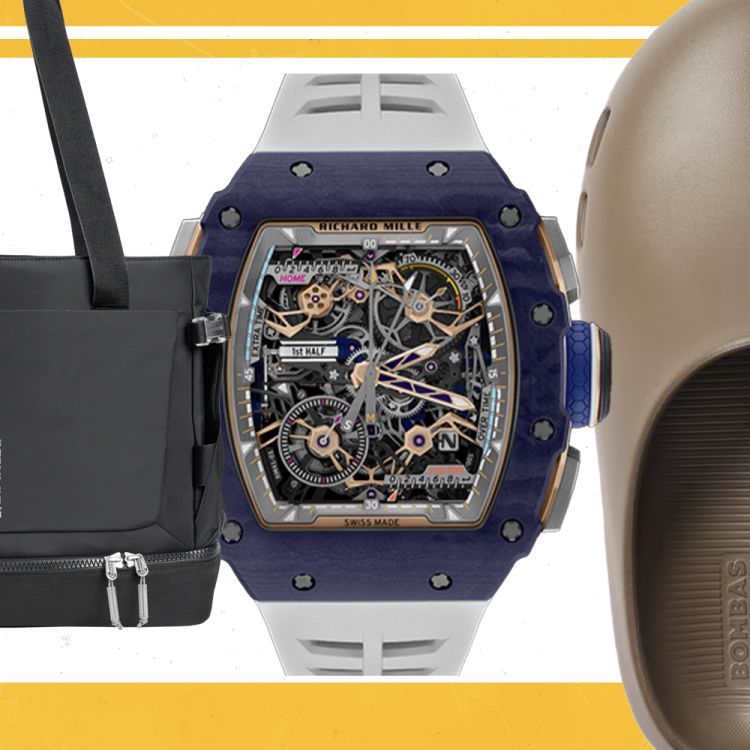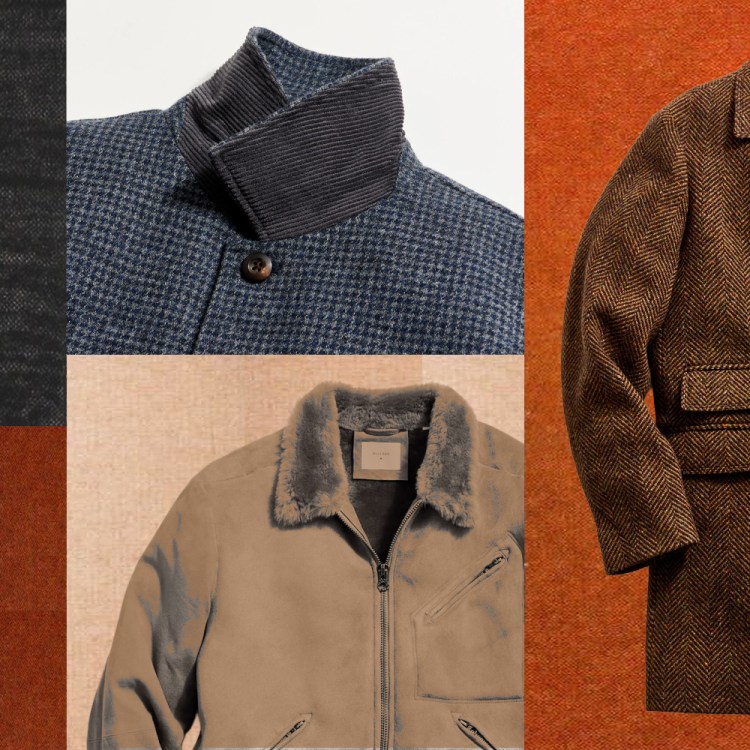Welcome to The Age of Influencer, InsideHook’s look into the real lives of people who we follow through YouTube, Twitter, Instagram or whatever form of social media we’re currently obsessed with. In this installment, we get drinks with Zachary Weiss in the West Village to get a better look into the life of one of the most interesting people on Instagram. While his follower count might not be in the millions, nobody on Instagram looks like they’re having a better time: Weiss’s weeks seems to be an endless blur of five-star resorts and parties all across the globe and we wanted to know how the hell he does it and what he wants to do next.
We assume it’s a lie when someone’s Instagram is persistently glamorous. It’s a well-worn cliche at this point that social media presents a distortion of who we are, a processed fragment we want others to see and envy, as if any fraction could hold the truth. You think no one’s life could be like that — all chorus, no verse, a number of sweet drinks without a hangover.
The thing is, what if the photos are fairly true? What if someone does not tell us about his hangovers because he is polite, not duplicitous? In a common Instagram post, Zachary Weiss is wearing a custom suit, made to his order in Japan by tailors he knows, among well-dressed and attractive people, not just friends but heiresses and supermodels, earnestly engaged with a beautiful or expensive setting. And the backstory is simple: he was invited to have fun. His Instagram presence, with just under 17,000 followers accrued from partying, leads to invitations to more impressive places: snow polo matches in Switzerland, weekend train rides with exotic strangers throughout Scotland, abandoned penthouse apartments in Tribeca.
This is sort of what it feels like looking at influencer Instagram, of course — slightly vertiginous, maybe anger-inducing, depending on how your day is going. But Weiss is adamant that he is not an influencer. He is somewhere, by his own description, in the gray zone between journalist and Instagram persona. He never wants social media to be his job, and he doesn’t think he’s good at it, even though I tell him that objectively he is. He doesn’t think he would ever have what it takes to be always describing himself and what he is doing, with everything presenting an opportunity for content. That kind of experience seems limiting, existentially harrowing. To have your paycheck tied to one platform, especially an ephemeral one like Instagram, when the other shoe has to drop at some point, is no way to live life.
“Okay, so I get older,” he hypothesizes to me over drinks in the West Village, on a foggy summer evening. He has ordered a beer, because he was less careful the night before (and the night before that). Weiss says things sincerely, brightly, with an assured tone that makes you wonder if he’s kidding. When he retreats in conversation, to listen, his face is open to yours, his eyes awake. There isn’t that wide of a gap between the confidence of his party pictures and his resting face. You can absolutely imagine a scenario where he suggests a strange but interesting third location, the after-after party, where he and his friends are going, and you should probably go too.
“I’m 40 years old,” he continues. “I’m not like, Fun Party Boy anymore. What am I supposed to do now? There’s got to be some safety net there.”
By his own description, Weiss is a brand guy. He started when he was 16 years old, working with a now-defunct belt company that was willing to pay a teenager $500 a month for promotion. After college, he became the party reporter at the New York Observer, which gave him access to rarified parts of Manhattan and sometimes deep Brooklyn that most people never see, and he continued to work with brands, building their brands. He now splits his time between two, one for underwear and socks (Nice Laundry), one for tennis gear (the revamped ‘70s label Boast). He writes a column for British GQ. He has the type of life that allows him to get his picture taken with Kate Moss at a château in France, in as organic a way as possible. He has made a plausible career out of saying yes more often than no.
What does he tell people who don’t know what any of these words mean? What does he tell his relatives? He dazzles them with stories of celebrity, stories that are usually distracting enough that he doesn’t have to say more than that. It’s a marker of success, both in and outside of his business, even if it’s just icing on the cake.
The parachute at the end of this, we agree, is a job in the daylight, that has some depth even if it is beautiful. This goal is closer to designing, to having his own brand when he’s learned enough to make something tangible. He admires tailors. He is obsessive about creating something that others don’t have. He does not want to look like anybody else in the room he’s in, which is invariably full of people with the same aim. He never wears t-shirts in public. I tell him my father doesn’t wear jeans, to relate.
“I used to be like that,” he exclaims. “My early years!” You can hear why publicists want to invite him places. He’s sincerely extroverted, guaranteed to make the best of it and have a good time.
By nature of what he does, the places he ends up in, Weiss has spent a lot of time with the influencers. People whose sole goal is to get a photo, to narrate experiences that are orchestrated for narration.
“Do you think most influencers are extroverts?” I asked.
“Not at all,” he said. “I think a lot of them are this weird extroverted-introverted type. Visually, they’re this amazing person having fun. But when you sit down with them, maybe they’re not the one to spur a conversation, or tell you about this cool thing they just did. It’s a lot of ‘I got my shot and I’m going home.’ They have to find ways to relax. Their relaxing and free time is not the same as relaxing or free time for you or me.”
“I’ve also found that a lot of them literally hide behind accessories,” he continues. “And when you sit down and they take it all off, it’s like, ‘I didn’t know you looked like that!’ More than a few. Sunglasses, hats, big clothes that are sort of statements. Where is the person?” He pauses. “I need to think about this, because I know they’re real people.”
I nod again. “I think that’s what’s so hard.”
“It’s so easy to hate them.”
“Yes, immediately.”
“I will say I enjoy the company of some of them,” he allows. “Some of them are actually good friends, and they know to leave their phone off the table and take a rest. A lot of them don’t. You get in the habit of it, and you can’t beat it.”
This article appeared in an InsideHook newsletter. Sign up for free to get more on travel, wellness, style, drinking, and culture.
